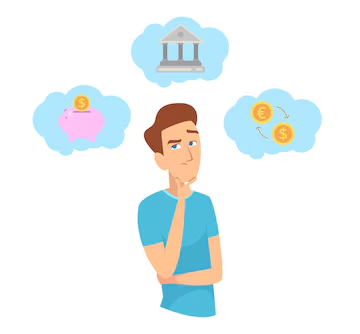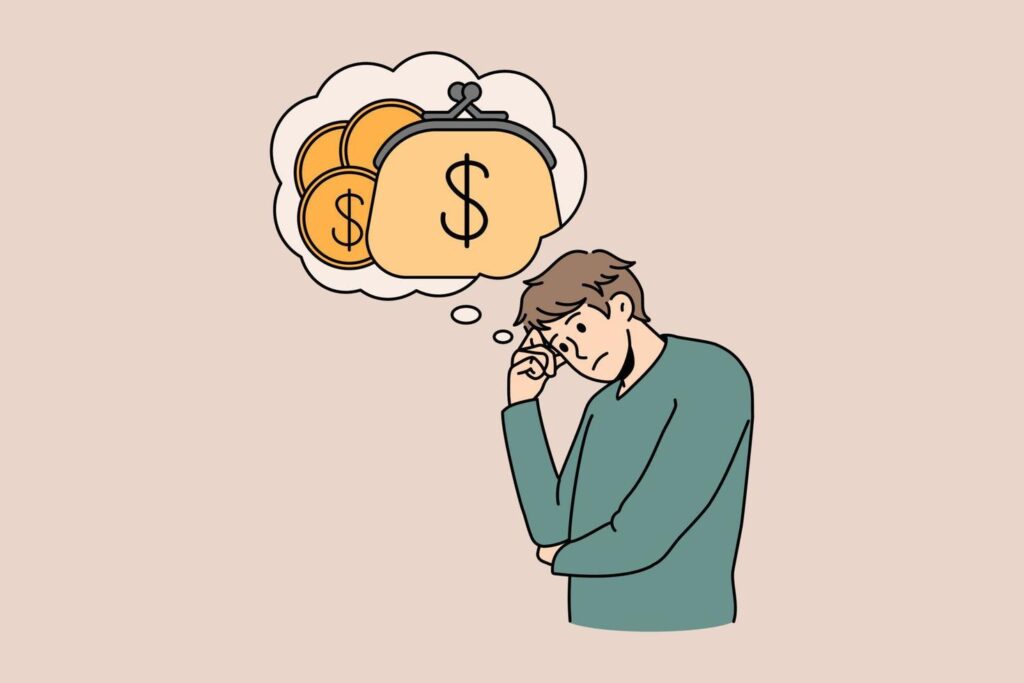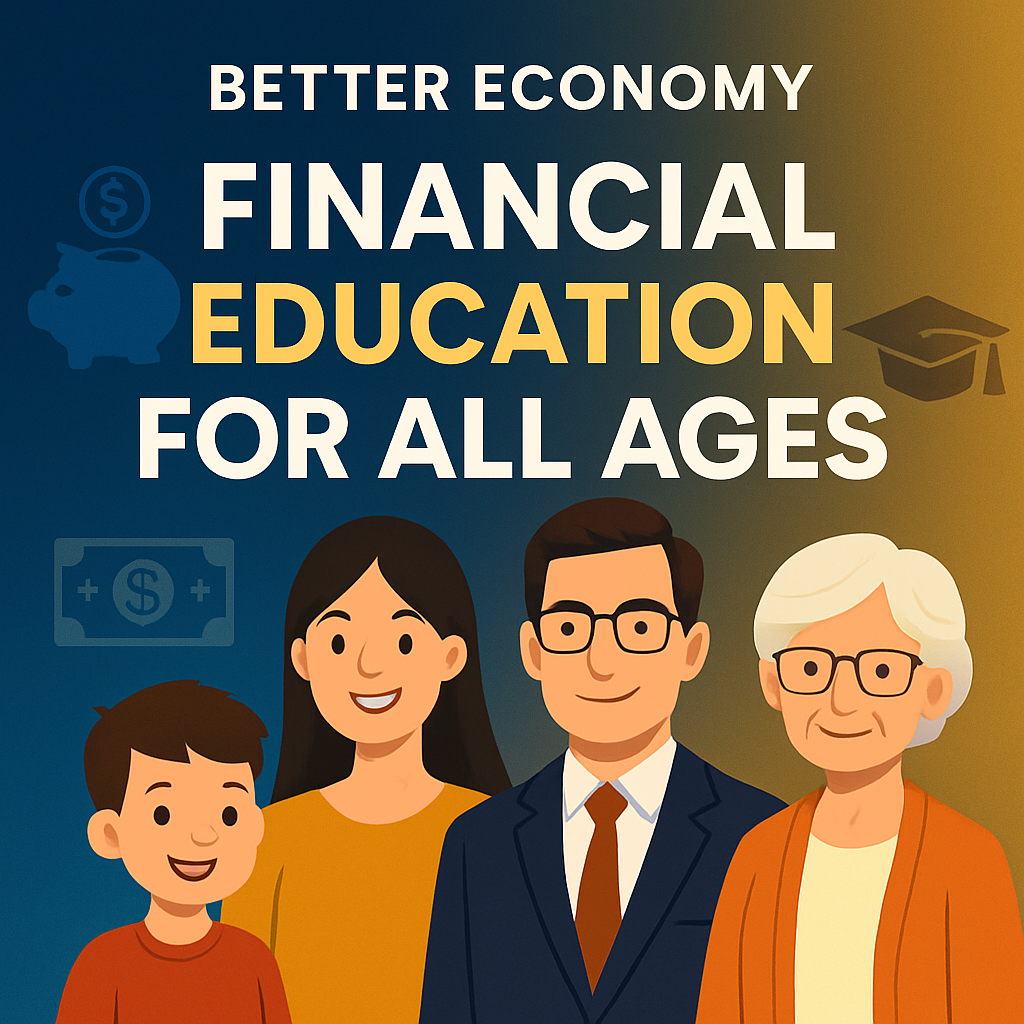In a world where money touches every aspect of our lives, financial education isn’t just a smart choice—it’s a necessity. Whether you’re 17 or 70, understanding how money works can mean the difference between living paycheck to paycheck and building lasting financial freedom.
But too many people only realize the importance of money management after facing debt, missed opportunities, or financial stress. That’s why financial education at any age is not just powerful—it’s life-changing.
Why Financial Education Matters for Everyone
Financial education equips you with the knowledge and tools to make informed decisions about saving, spending, investing, and avoiding debt traps. It empowers people of all ages to:
- Set and achieve realistic financial goals
- Build healthy money habits
- Make smarter life choices—like buying a home or investing in education
- Prepare for emergencies
- Plan for retirement with confidence
And here’s the truth: the earlier you start, the more impact it has. But even if you’re starting late, it’s never too late.

For Young Adults: Build a Strong Foundation Early
Starting your financial education in your teens or early 20s gives you a powerful head start. Here’s why it matters:
- Time is your best friend. Thanks to compound interest, saving and investing early builds wealth faster.
- Avoid common traps. Understanding credit, budgeting, and loans keeps you from falling into debt.
- Confidence grows. Managing money well boosts self-esteem and independence.
Quick Tips for Young Adults:
- Track your spending with budgeting apps
- Open a savings account and automate deposits
- Learn the basics of credit scores and how to build good credit
- Explore beginner investing platforms

For Adults: It’s Never Too Late to Take Control
Whether you’re in your 30s, 40s, or beyond, improving your financial literacy can transform your financial trajectory. Many adults feel embarrassed about not knowing enough—but financial education isn’t about where you start, it’s about taking action now.
You can still:
- Eliminate bad debt
- Save for your child’s education
- Invest smartly for retirement
- Start a side hustle or business
Pro Tip:
Start by identifying where your money is going. Many adults are shocked to find how much leaks out of their budget on unnecessary spending.

How Financial Education Creates a Better Economy
When individuals thrive financially, so do communities and economies. Educated financial choices lead to:
- Higher savings rates
- More responsible borrowing
- Less financial stress and mental health strain
- A stronger middle class
- More entrepreneurs and innovation
It’s a ripple effect. When one person gains control of their finances, it sets an example—and often creates real change in their family or circle of influence.

How to Get Started with Financial Education
No matter your age or background, the resources are out there. You just need to take the first step.
Where to Begin:
- Books: Try Rich Dad Poor Dad or The Total Money Makeover
- Apps: Mint, YNAB, or Goodbudget
- Courses: Free resources like Coursera, Khan Academy, or your local library
- Podcasts & YouTube: Tons of free content tailored to different age groups and goals

Final Thoughts: Your Future Starts with What You Learn Today
Financial education is not just for economists or math lovers—it’s for everyone. From buying your first car to planning retirement, financial knowledge is the ultimate life skill.
It’s never too early, and it’s never too late.
So whether you’re starting from scratch or brushing up on your financial game, remember this: every step you take toward understanding money is a step toward a better life—and a better economy.

Want more tips?
Subscribe to our newsletter for weekly money-smart insights tailored to your life stage.

© YourCoinBlox. Not to be reproduced without perm

